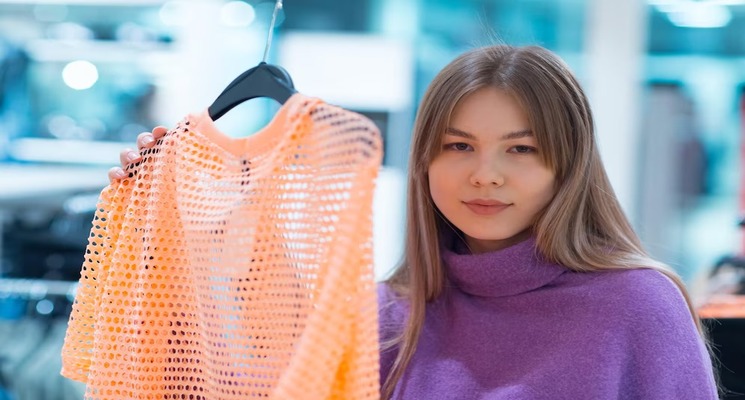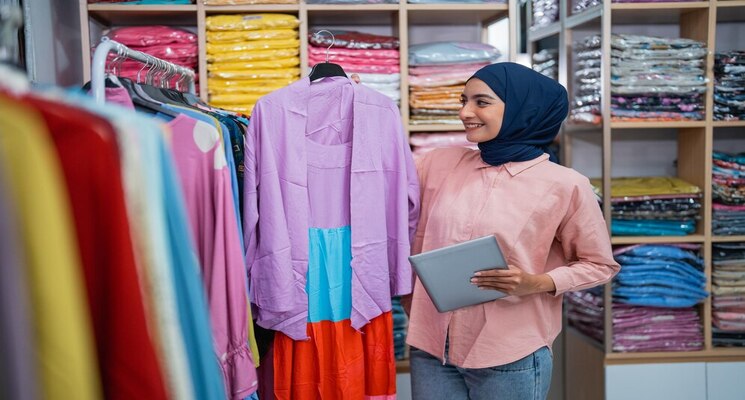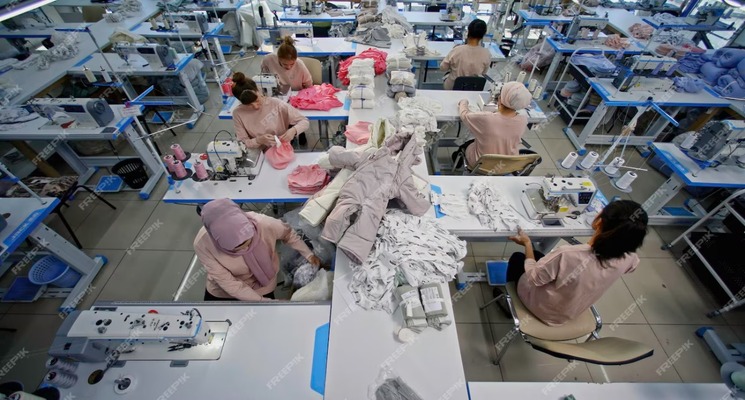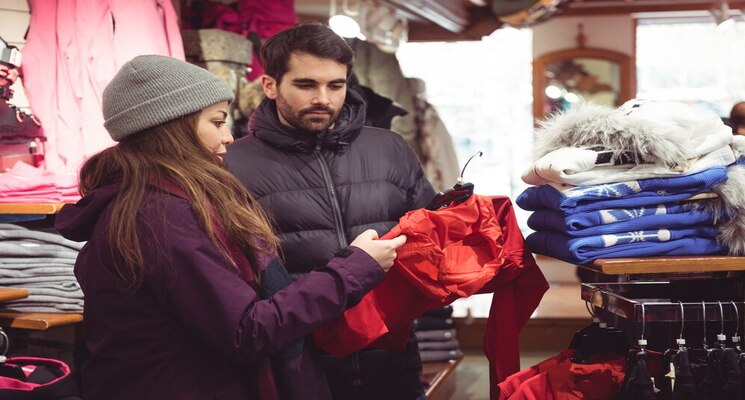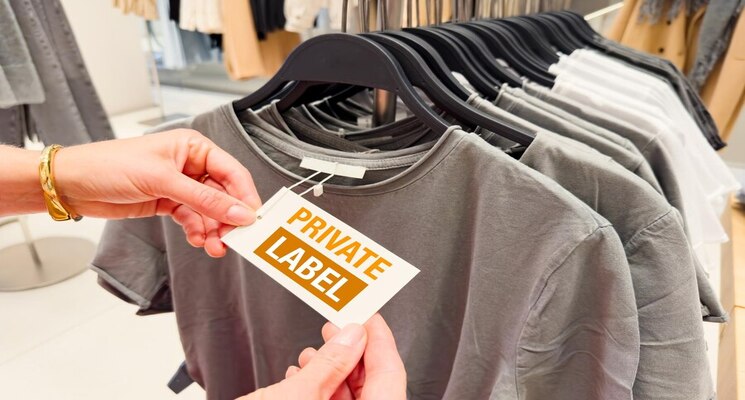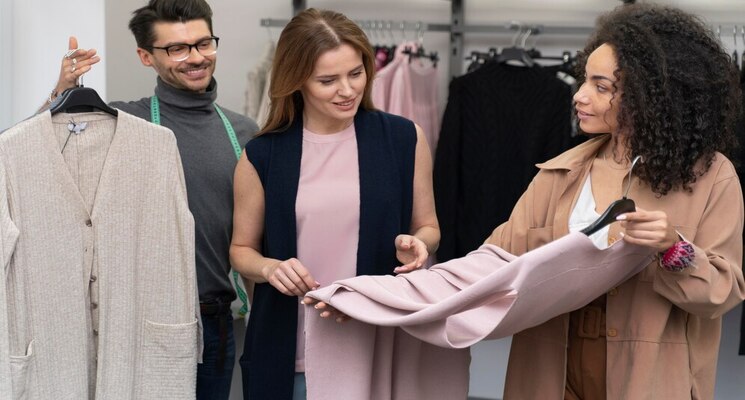The fashion industry is witnessing the rising demand for private label clothing because businesses develop unique fashion brands independently of their own production facilities. Business owners in the fashion sector have unlimited opportunities in private labeling because this strategy extends from sportswear to high-end fashion products. This detailed guide provides information about private label clothing as well as startup guidelines for establishing a private label clothing line and recommendations for top manufacturers and essential considerations when sourcing private label apparel.
What is Private Label Clothing?
Retailers market their brand-specific clothing products that production third parties create for them. Through Private Label Clothing manufacturers businesses gain the ability to personalize fashion products from design to materials while branding without constructing their own production facilities. Fashion retailers across the world use private labeling as a competitive strategy to stand apart from competitors and keep costs down.
Benefits of Private Label Clothing
A brand needs its own exclusive identity to become distinctive.
Your business will deliver better profit margins through pricing control and eliminating distribution channels.
Manufactured products can be made according to what customers want through the customization option.
Exploration into new product categories such as sportswear along with maternity products and street fashion becomes accessible with ease.
By linking with dependable suppliers you can sustain manufacturing expenses at minimum levels.
How to Start a Private Label Clothing Line
1. Identify Your Niche
Success becomes achievable through picking the right specific market segment. Popular niches for Private Label Clothing brands consist of
Fitness & Gym Clothing
Luxury Fashion
Streetwear
Sustainable Clothing
Maternity & Baby Apparel
Men’s and Women’s Casualwear
2. Find a Reliable Private Label Clothing Manufacturer
Experiencing success with manufacturer selection enables businesses to obtain high quality and reliable products. The leading manufacturers of private label clothes include the following companies:
3. Design and Customize Your Clothing Line
Together with designers you should develop exclusive fabric selections which reflect your brand concept. Startup companies have the opportunity to examine their target market through manufacturers who accept minimal order quantities which facilitate both testing and future expansion.
4. Branding, Packaging, and Labeling
Effective branding makes your clothing stand out. Consider:
Custom Labels & Tags
Eco-Friendly Packaging
Unique Logo & Print Designs
Limited Edition Collections
5. Choose a Sales & Distribution Strategy
You can sell private label clothing through various channels:
E-commerce Websites (Shopify, WooCommerce, Amazon FBA)
Brick-and-Mortar Stores
Drop shipping Business Model
Wholesale to Other Retailers
6. Market Your Private Label Clothing Brand
To grow your brand, use effective digital marketing strategies:
Search Engine Optimization (SEO) – Optimize your store and product descriptions for Google ranking.
Social Media Marketing – Promote on Instagram, TikTok, and Facebook.
Influencer Collaborations – Partner with fashion influencers to boost brand awareness.
Paid Ads & Retargeting – Use Google Ads, Facebook Ads, and email campaigns to drive traffic.
Private Label Clothing vs. White Label Clothing
FAQs About Private Label Clothing
1. What is the Minimum Order Quantity (MOQ) for Private Label Clothing?
MOQs vary by supplier. Low-MOQ manufacturers can start production from 50 to 100 units per single design, however big factories usually need over 500 items at once.
2. Can I Dropship Private Label Clothing?
Yes! Your suppliers can provide drop shipping services that avoid needing physical stock. Your customers will receive shipments with products coming straight from the manufacturer.
3. How Much Does it Cost to Start a Private Label Clothing Business?
The total cost depends on both the selected market segment and supplier. To start a small private label operation a business owner must invest between $2,000 to $10,000 to purchase samples together with inventory storage alongside branding expenses.
4. Where Can I Find Private Label Clothing Suppliers?
Some top global private label clothing hubs include:
China – Low-cost manufacturing & bulk production
India – Quality textile industry & organic fabrics
Turkey – High-quality European designs
USA & Canada – Fast production & ethical sourcing
Pakistan – Sustainable & Bulk Production
5. How to Ensure Quality Control in Private Label Clothing?
Your decision for a manufacturer must be solidified by evaluating product samples and inspecting both the sewing quality and fabric materials to guarantee acceptance under your brand identity.
Conclusion
Customers starting a private label clothing enterprise can access both minimal entry costs and significant profit potential in the fashion market. Implementing careful selection of manufacturer and market niche combined with an appropriate strategy allows you to develop a successful fashion brand with distinctive apparel products. Are you prepared to work on your personal brand clothing collection? Become a partner with Ajmal Hosiery to turn your business vision into reality.

